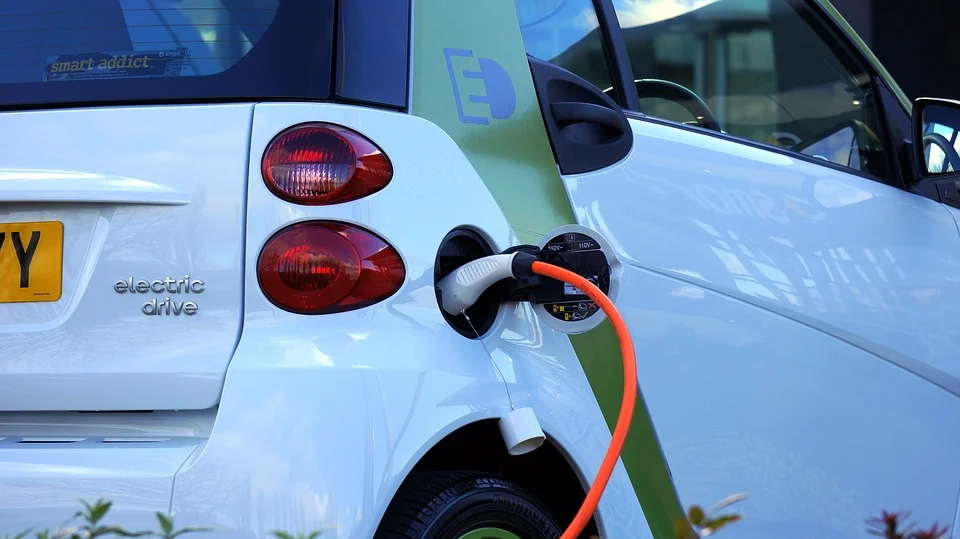The involvement of electric cars in the marketplace is a great advancement. It not only has reduced the dependency on oil but will also serve to be a great help in reducing the pollution level in the environment.
The development of electric vehicles has been accelerated in different countries and that is something that has increased the demand for electric car chargings. If we go with the ongoing records, it will hardly take a few more years to get fully dependent on electric vehicles.
The implementation of electrical vehicles, especially those with battery runs, is supposed to be a great solution for the energy crisis and environmental issues. This would be a perfect future application that will resolve different environmental and health issues to a greater extent.
But setting up a new vehicle environment has never been so easy for any government. Whether it is about manufacturing or it is about setting up electric car charging points, different things need to be established at certain distances to make it a huge success. A huge success is currently being witnessed in the field of technology development in electric car charging. It is a revolution that will soon change the vehicle market completely.
What is the need for electric car charging?
Yet electrical vehicles are supposed to be the future of the vehicle industry, still, its growth is lacking somewhere behind as it was assumed to be. The main thing that is somewhere interrupting the way is the unavailability of the electric car charging points. Every electrical vehicle available there in the marketplace does come up with efficiency and running beyond that efficiency is never possible especially when you are not having an electric car charging point in between.
To keep a vehicle running for a longer distance, it must be charged before its battery lasts and for that, one needs to have a near bay electric car charging point. The availability of electric car charging points just like the petrol pumps will not only help in meeting users’ requirements but will also add up more to the success of these electric vehicles.
Before leading ahead, one question that I would like to make clear is, why do we need to introduce electric cars in the market. The rising prices of petrol and diesel are a worrisome situation not only for the common man but for the governments as well. The increasing rates of petroleum products and the increasing pollution levels have pushed up towards the electric vehicles segment. These vehicles are considered the best alternatives to conventional IC engines. Due to the lack of high power off-board charging infrastructures, it further has forced the automakers to incorporate the onboard charges into the vehicle itself so that one could easily go for longer distances.
Advancements on the board
Coming up with a new and extremely working idea and then setting it perfectly has never been so easy for anyone. Different hurdles blocked up one’s way but it’s only the automaker’s hard work and leverage to their work that has resulted in the integration of electric vehicles into the segment.
If we talk about the Indian market, researchers from the different IITs are consistently working on the new technology and the best one in this segment was charging for electric vehicles. The researchers combined have invented a new technology for the EVs that costs about half of the current onboard charger technology. The best thing about this new addition in the technology is that it further has reduced the cost to two and four-wheeler EVs. If we go with the records, different lab scale developments have already been done by the IIT (BHU) to date and the upgrading and commercialization of the electric charging also have been resumed into progress till date.
The concept of electric car charging is not only challenging but is quite costly as well. Despite having a lot of issues, different leading electric vehicle manufacturers of the country are today showing up their interest in this segment and are ready to come up with a fully-fledged commercial product. This project would be applicable for both the newer vehicles and can also be successfully applied to the existing electric vehicles.

